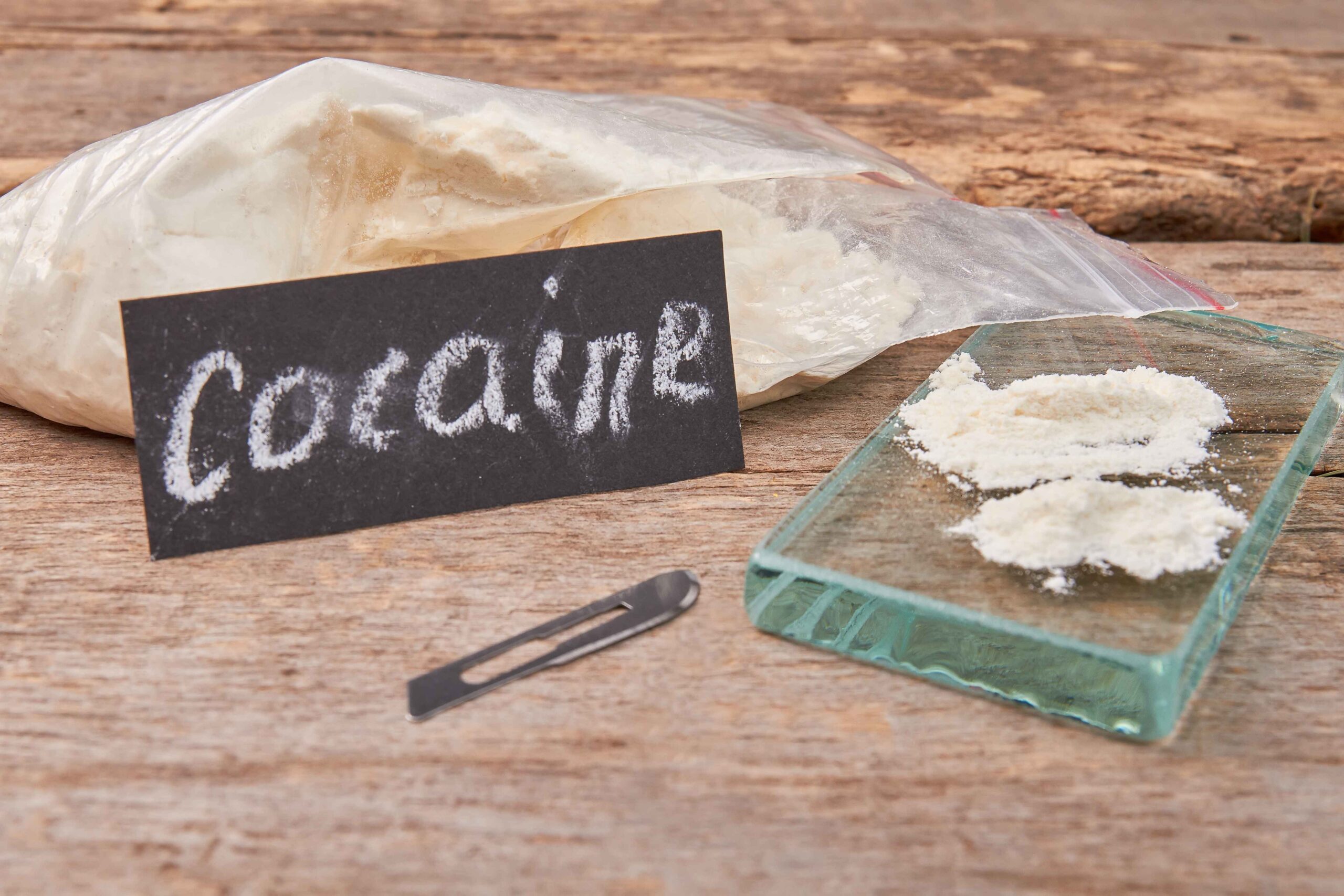

One of society’s most terrible problems, cocaine addiction, affects people emotionally, mentally, and physically. Its strong addictiveness pushes many users into a risky pattern of abuse, hence worsening the dangers of cocaine. “Fish scale” cocaine has become infamously strong and pure among the several kinds of cocaine available on the streets. This article examines the dangers linked to this type of cocaine and how it adds to the increasing problem of dependency.
Cocaine addiction: understanding the dangers of fish scale cocaine
Fish Scale Cocaine:
Often considered among the most powerful available, “fish scale” is a street term used to describe a high-purity version of cocaine hydrochloride. It is named for its appearance; the drug’s crystal structure gives it scales that look like fish scales. Usually off-white or somewhat beige, this type of cocaine is thought to be purer than other types, so users could be more inclined to take lethal levels and hence elevate the possibility of overdose.
The Risks of Cocaine Dependency
A potent stimulant altering the reward system of the brain, cocaine affects. Peruvian Flake Peru Cocaine is a tropane alkaloid that acts as a central nervous system (CNS) stimulant. As an extract, it is mainly used recreationally and often illegally.
Its consumption results in an instant dopamine release, giving rise to joy, vitality, and sharper alertness. While these results may seem exciting and intense initially, they have many dangers. The more one uses cocaine, the more one acquires a tolerance, usually needing more significant amounts of the drug to attain the same high.

Due to its excellent purity, fish-scale cocaine can worsen this issue. Unaware of it, users could take more of the medicine and put their bodies at risk. With symptoms such as fainting fits, heart attack, stroke, and respiratory failure, a single use may result in overdose, significantly raising the risk.
Symptoms of addiction to cocaine
For people or family members suffering from substance abuse, it is vital they can identify the indications of dependency. One would be the persistent wish to use the medication, increasing tolerance, withdrawal signs when not taken, and symptoms of withdrawal symptoms if not taken. Signs of a cocaine addiction are generally quite normal:
The high strength of fish-scale cocaine could allow these symptoms to arise more quickly. The urge people feel might be fleeting, so they frequently turn to more consumption to fight back for increased levels of abuse.
Looking for help for cocaine dependency
Dealing with the powerful fish-scale cocaine calls for professional help; cocaine addiction is not easy to beat. Usually, a mix of therapies—including support organizations and behavioural therapy—help people to deal with the root causes of their addiction and establish better coping mechanisms.
Reaching out to a medical professional is critical if you or someone you know is battling cocaine dependency. After long-term therapy and counselling to avoid relapse, detoxification might be required to control withdrawal symptoms effectively.
Final Words
Due to its high purity and addictive nature, fish-scale cocaine is among the most pernicious types of substance. Knowing the indicators of dependency and realizing the dangers is essential to rehabilitation. One can break free from the cycle of addiction and construct a better life with reasonable care and aid.

FAQs
Define fish scale cocaine.
A Street term for a high-purity coke that resembles tiny, reflective crystals and fish scales are fish scale. “. It is usually more potent than regular cocaine.
What distinguishes fish scale cocaine from typical cocaine?
The greater purity and, many times, more potency of fish-scale cocaine raises the chances of overdose and dependency over those of standard powdered cocaine.
What indicators point to cocaine dependency?
Cocaine dependency symptoms are ravenous, mood swings, irritability, energy or agitation that are more, nosebleeds, and often drug-seeking behaviours.
Why is “fish scale” cocaine more dangerous?
Its high purity can lead to overdose. Users might overconsume, thinking the substance is less potent than it is.
If either I or someone I know is addicted to cocaine, what should I do?
Consult a specialist at once. Therapy, counselling, and rehab centres are among the many choices one has for treating addiction, which can aid in withdrawal management and recovery.

At EuphoriaChem, we prioritize purity and quality. Our extensive range of research chemicals, including LSD, 1P-LSD, and cannabinoids, is sourced from reputable manufacturers to ensure accurate and reliable results for your scientific endeavors.